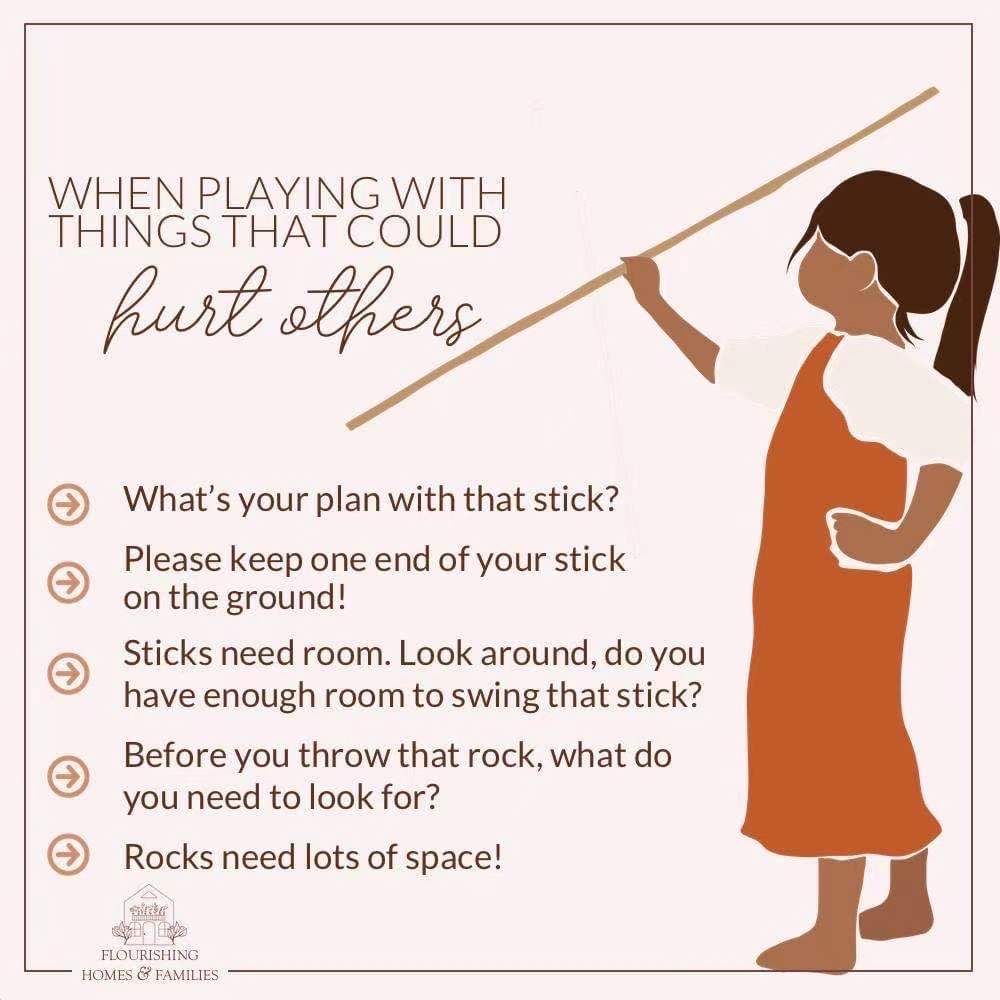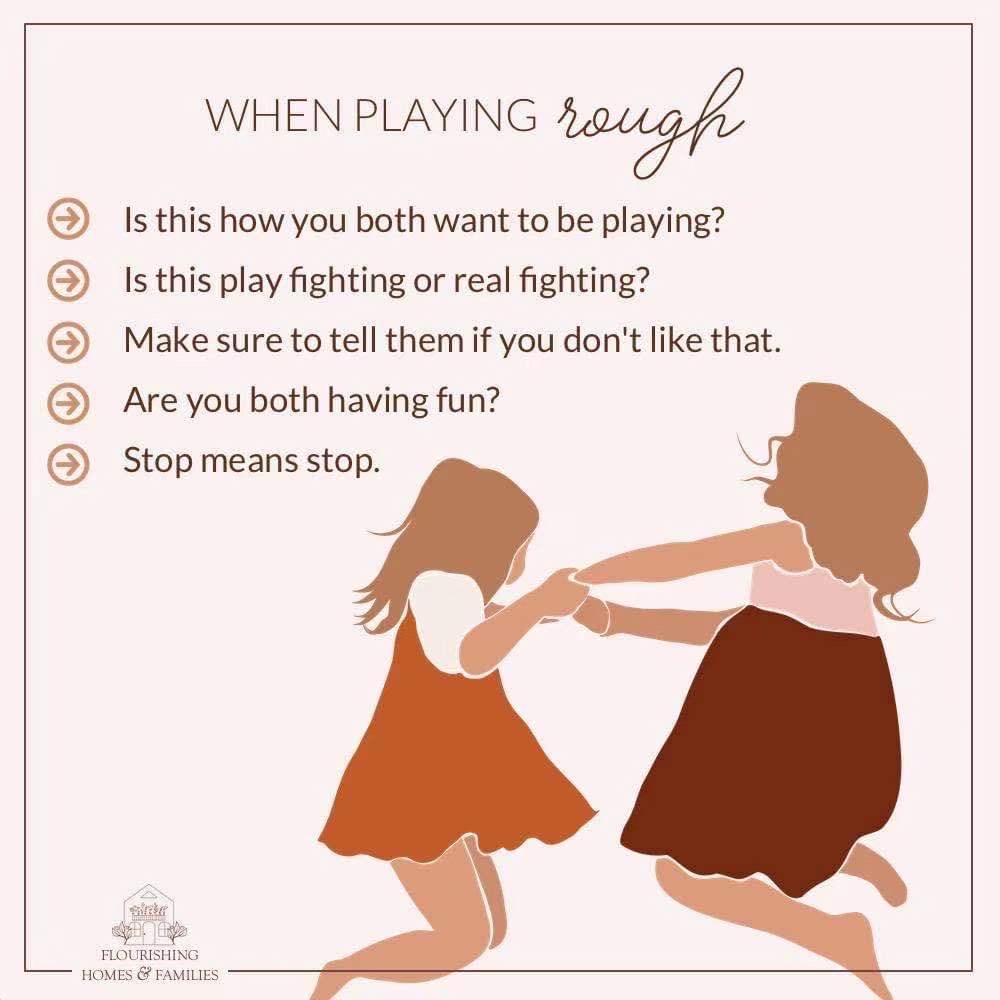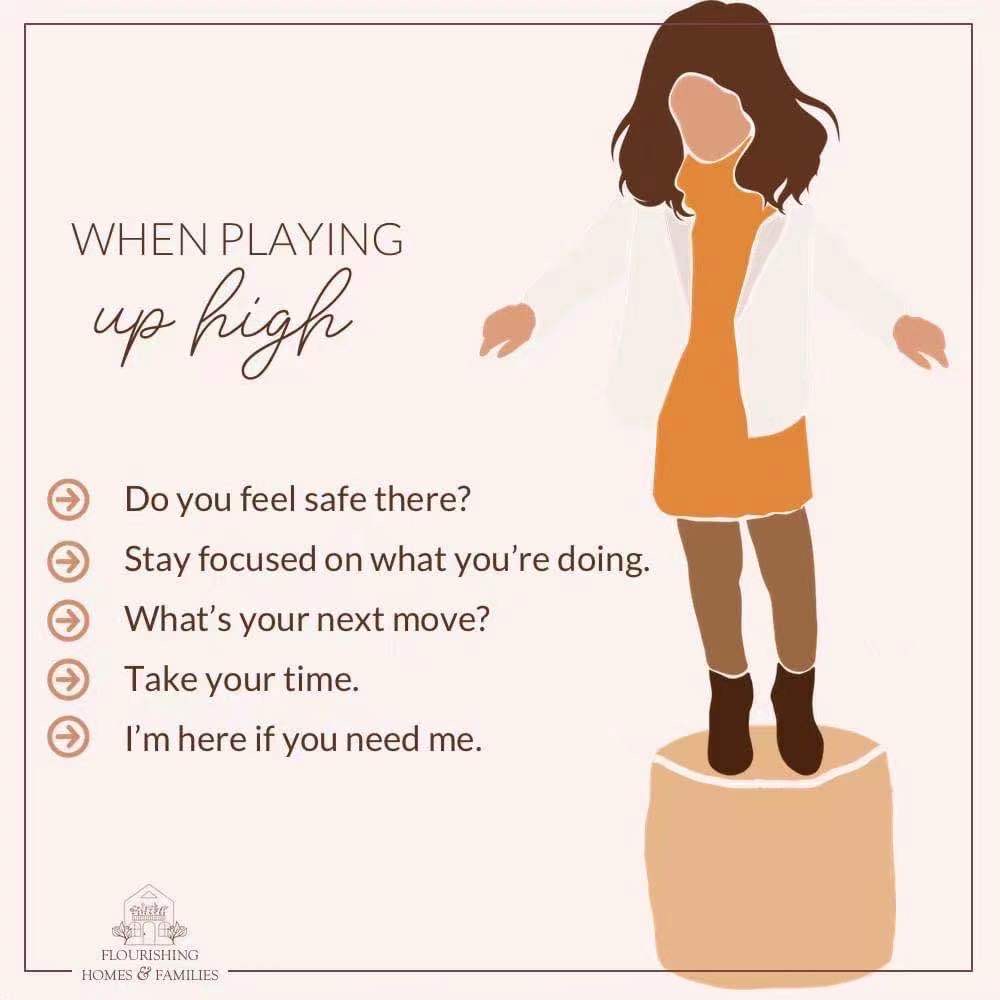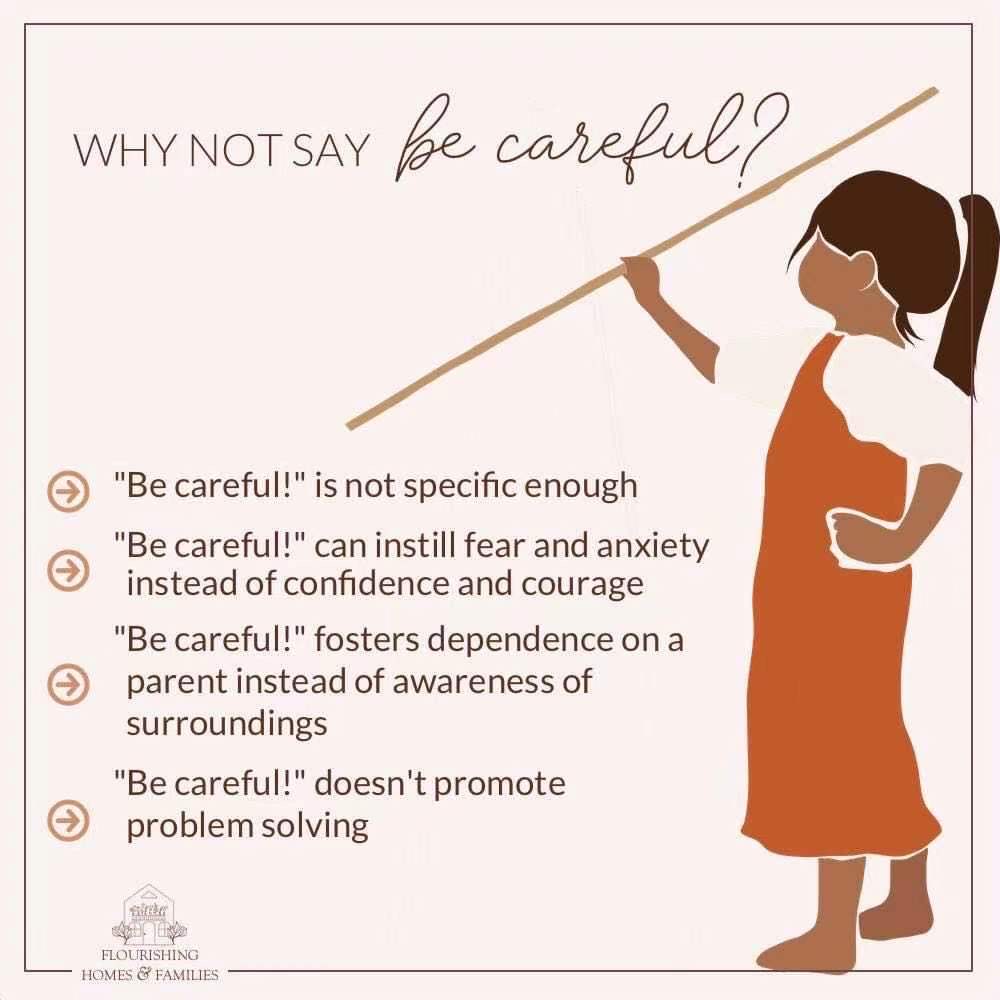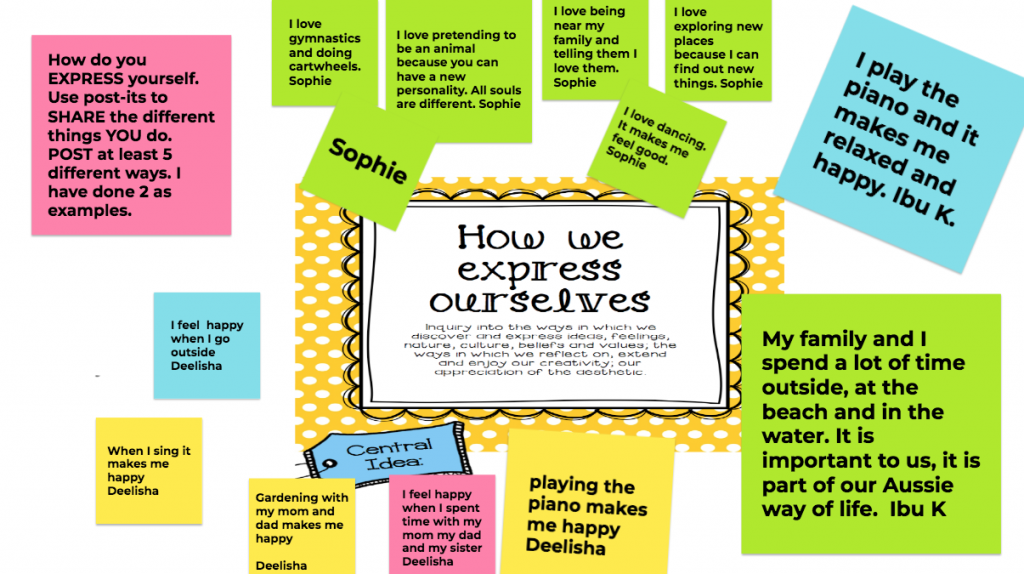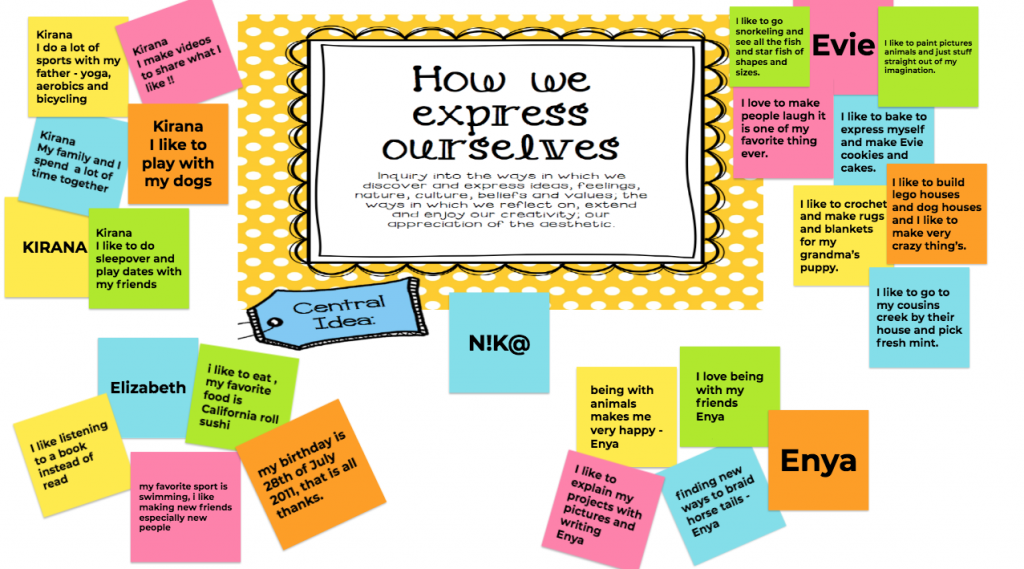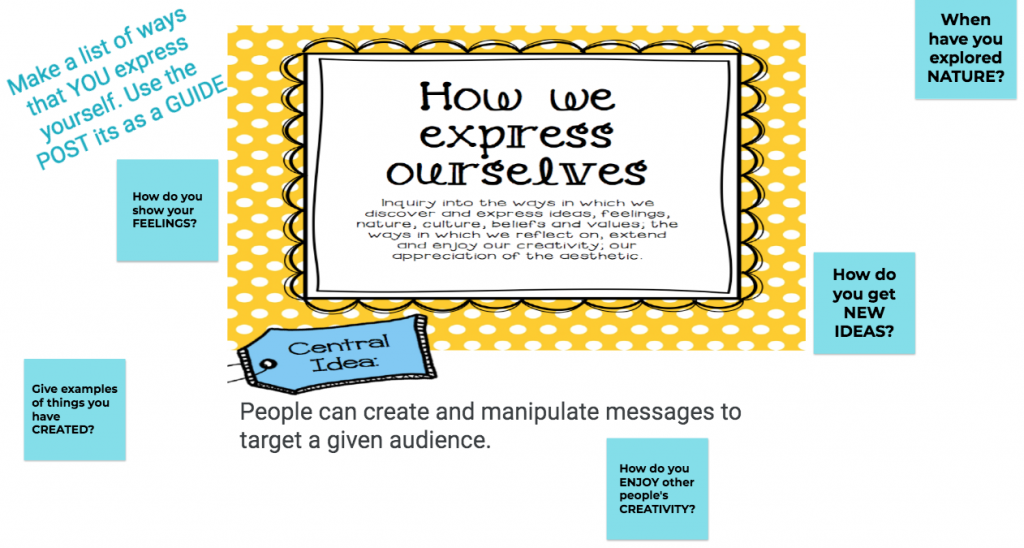Primary eNews – March 5, 2021
Primary Conference Invitation

All parents had received an email last Wednesday for the invitation to book the Primary Conference this Tuesday, March 9th. Thank you to those of you who have booked your child/ren’s conference. To support your teachers in organizing this day, please schedule your conference on or before the end of Friday, March 5th (if you have not booked your child/ren’s conference).
Please note that this is not a regular school day, there will be specialist lessons as normal but no lessons from your child’s homeroom teacher. The conferences via zoom conversation (15 minutes) with your homeroom teacher.
Here is the Conference’s Zoom Link of your child/ren’s homeroom teachers
Please click here step-by-step instructions to sign up using PTC Fast or follow the links below.
Link to access PTC Fast booking for Bali Island School Primary Conferences: https://www.ptcfast.com/schools/Bali_Island_School
Video Tutorial to sign up for PTC Fast
Counselor
How many times do we say to our little ones to “Be careful!”? I am guilty of this more than I care to admit. When interviewing parents in an emergency room setting and two weeks later in their home, parents reported being about four times more likely to tell girls to be careful in the future than boys. While this can lead to fewer injuries, it also leads to girls taking far fewer physical risks, which are essential for developing new skills. Boys develop the skills but might lack the ability to recognize safe boundaries (Singal, 2015).
If you think about it, the phrase “Be careful!” does not offer anything specifically for the child to do. Dr. Joshua Sparrow, a child psychiatrist and director of the Brazelton Touchpoints Center based at Harvard-affiliated Boston Children’s Hospital, says kids learn words through context and recommends taking these three points into account, rather than saying, “Be careful.”
- Assess situations and ask, What’s the worst that could happen? A skinned knee doesn’t merit much warning.
- There’s nothing wrong with eliminating unnecessary risks. e.g., standing on top of the coffee table.
- Pay attention to what kids are capable of — their skills can expand in a matter of hours (Calechman, 2018).
The following images from Flourishing Homes and Families provide specific ways to guide play more helpfully.
From the Grade 4 Classroom
Grade 4 has started their new unit of inquiry, How We Express Ourselves. This creative unit focuses on media, messages and audience. Students began by tuning into the theme responding to simple guiding questions to share different perspectives on “how we express ourselves”.
After a whole group ZOOM sharing, of our expressive selves, we introduced the first line of inquiry: how images, text and music influence, using the visible thinking routine “see-think-wonder”. Students stated what they SAW in each advertisement, before suggesting what they THINK the message is and finally adding any WONDERINGS they may have had. These have become some of our student questions for future inquiry.
We focussed on colours in the classroom and music in Ibu Isti’s specialist class. Following on from Mr. Marshall’s advanced search lessons, students chose keywords to find out about chameleons, colours and emotions. This activity encouraged students to make connections between emotions and colour, leading to inquiring into our own personal responses to colours.

